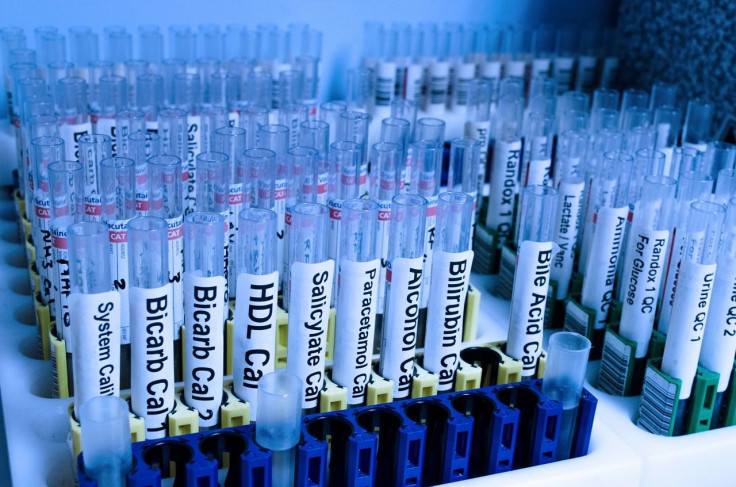Can You Pass A Drug Test With A Medical Marijuana Card?
KEY POINTS
- Around half of the states that allow the use of medical marijuana has some protection for employees who test positive on the job
- Some states like Nevada require employers to make "reasonable" accommodations for their employees
- The remaining half does not prohibit employers from terminating employees who fail their drug tests
Employees in several states that have legalized medical marijuana can still be penalized for failing a drug test even if they have been granted authorization to use the substance.
A total of 37 states, including the District of Columbia, Guam, Puerto Rico and the United States Virgin Islands have medical cannabis programs, according to the National Conference of State Legislatures (NCSL).
Around half of the states that currently allow the use of medical cannabis have some protection for employees who test positive on the job, Minneapolis-based law firm Baillon Thome Jozwiak & Wanta LLP said.
The states that have medical cannabis anti-discrimination for employees include but are not limited to Arizona, Arkansas, Connecticut, Delaware, Illinois, Maine, Minnesota, Nevada, New Jersey, New York, Oklahoma, Pennsylvania, Rhode Island and West Virginia.
Mississippi, which legalized medical marijuana last Wednesday after the Mississippi Medical Cannabis Act — also known as Senate Bill 2095 — was signed into law, also has protections that prohibit employers from discriminating against employees who qualify for the state's program.
"For the most part, as long as employees aren’t bringing their medical cannabis to work, aren’t working in a job where impairment may result in serious harm to others and aren’t working in a federally related job, employers can’t take medical cannabis use or positive drug test results into consideration when making hiring and firing decisions," the NCSL said.
States like Nevada even require employers to make "reasonable" accommodations for workers that "would not pose a threat of harm or danger to persons or property, impose undue hardship on the employer or prohibit the employee from fulfilling any and all of their job responsibilities," according to the association.
However, at least 19 other states that have legalized medical marijuana do not prohibit employers from terminating employees who test positive on the job, as per Baillon Thome Jozwiak & Wanta LLP.
One such state is Florida, which does not offer any employment protection for patients even if they do have a medical marijuana card, said Florida dispensary MÜV.
"Testing positive for marijuana on a drug test is still considered failing and can leave workers vulnerable to termination or prohibit them from securing a new position," the company said.
Failing a pre-employment drug screening, meanwhile, can result in rejection of the employment application.
Some employers in Florida have zero-tolerance policies, while others have taken a "progressive" approach to discipline employees that may start with a warning or suspension rather than outright termination, Florida newspaper The Sun-Sentinel previously reported.
But more companies have allegedly dropped marijuana tests out of concern for losing talented workers.
People who get fired for medical marijuana use have limited options in arguing that their firing was illegal or violated workplace policies, explained experts.
A terminated worker in Florida, for example, may provide evidence of a genuine disability to be granted protection under the Florida Civil Rights Act, which protects against unfair discrimination, lawyers said.
Lawmakers in Alabama, Florida and Indiana have attempted to introduce legislation that would protect against medical marijuana discrimination in the workplace with Senate Bill 46, House Bill 335 and House Bill 1026, respectively. But these three bills died in committees.






















